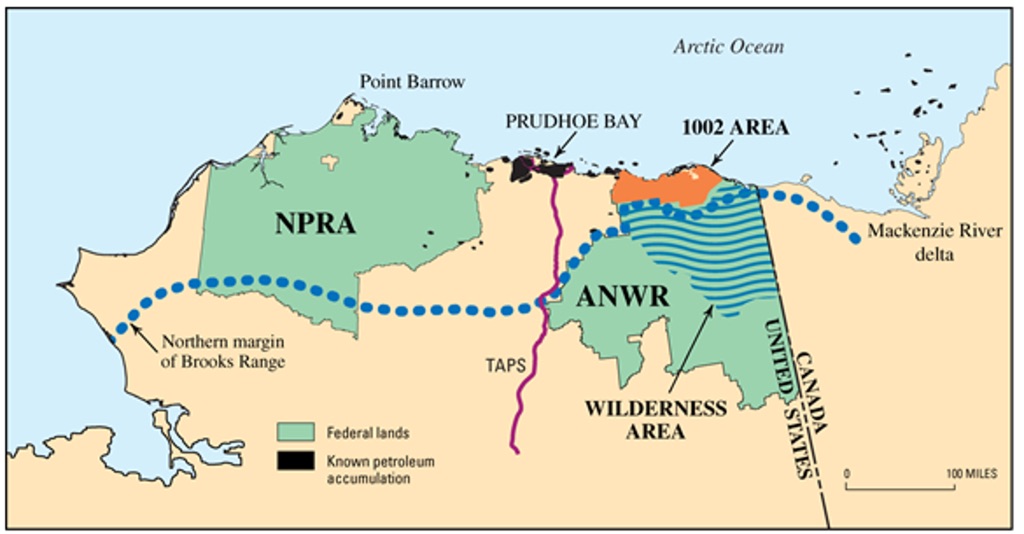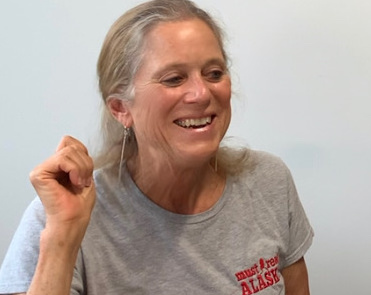In a case sure to reverberate in Alaska at some point, the U.S. Supreme Court has ruled that tribal police officers have authority to search and detain non-Indians who are suspected of breaking federal or state law on reservation land.
The case is United States v. Cooley, which concerns an arrest of a non-Native who was parked on the right of way of a federal highway that cuts across the Crow Indian Reservation in Montana. The tribal police offer found evidence on the man, Joshua James Cooley, including two semi-automatic weapons on the front seat. Subsequently, tribal police found methamphetamine in his truck.
Alaska has 229 federally recognized tribes, many of which have tribal police officers, but few of which are actual reservations.
Metlakatla in southern Southeast is a traditionally structured historic Indian reservation, the only one in Alaska that remained after the Alaska Native Claims Settlement Act was completed and Native corporations took the place of reservations. But since then, the Obama Administration allowed Alaska tribes to apply for “trust status” for their land, contrary to ANCSA. In 2017, an acre of land in Craig, a fishing community in Southeast Alaska became “Indian Country,” as the land was placed into federal trust status at the request of the tribe.
Read: One acre of Craig township becomes Indian Country
In 2018, the Trump Administration reversed the rule that allowed Alaska Natives to put land into federal trust. Now, a bill working its way through the Congress could reinstate the land-into-trust program.
Read Interior Department withdraws opinion on Alaska Native land into trust
Justice Stephen Breyer’s opinion this week appears to expand on the court’s 1981 decision in Montana v. United States, which gave limited law enforcement power to tribes in circumstances where a non-tribal member poses a threat to the “political integrity, economic security or health or welfare of the tribe.”
“To deny a tribal police officer authority to search and detain for a reasonable time any person he or she believes may commit or has committed a crime would make it difficult for tribes to protect themselves against ongoing threats,” Breyer wrote. “Such threats may be posed by, for instance, non-Indian drunk drivers, transporters of contraband or other criminal offenders operating on roads within the boundaries of a tribal reservation.”
In Alaska, the impact of the ruling may be drug-related in the near future in places adjacent to where village police officers are located. Eventually, the law may also be interpreted to cover things like fish and game management: In areas where the Federal Subsistence Board says only tribal subsistence users can harvest fish and game, will tribal enforcement officers go onto federal lands to enforce the law? That would be a matter that could end up in court in the future if a tribe says a non-tribal person fishing in an area posed an economic threat to the tribe.







